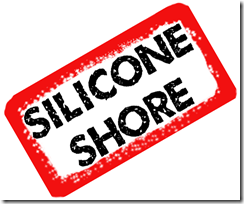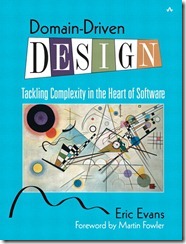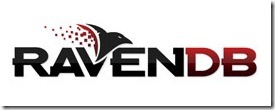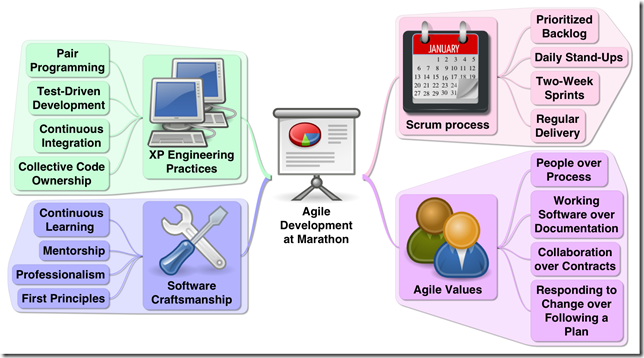 Want to work with the latest technology on a self-directed team? Think you need to be in Silicone Valley to be part of a company setting the standard in cloud and mobile computing? Read on.
Want to work with the latest technology on a self-directed team? Think you need to be in Silicone Valley to be part of a company setting the standard in cloud and mobile computing? Read on.
Marathon Data Systems, on the beautiful Jersey Shore, through our various vertical-focused brands, serves the people who provide the services that we all count on: HVAC, plumbing, lawn care, pest control, maid services, carpet cleaning, and more. We are in the process of building a mobility solution that will set the industry standard for field service worker and salesperson productivity.
Cross-Platform Mobile
Our new cross-platform mobile client is HTML5-powered and will initially run on iOS and Android devices. The technician or salesperson is continually operating on the latest information (no more periodic synchronization) and yet can be fully functional while out of network coverage.

The new mobile client is built in CoffeeScript on the Sencha Touch 2 platform. The combination of Sencha Touch and CoffeeScript making building off-line capable, singe-page applications actually pretty fun. Sencha takes care of the tedium of rendering just the right HTML to the screen for each device, while we focus on building great user experiences.
Since WebSockets are not yet a reality (and pull-based applications are lame), we’re using SignalR to simulate server push from ASP.NET MVC (think Node.js scalability in ASP.NET MVC).
Message-Driven CQRS Back-End
 On the back-end we are are building out a scalable, event-driven CQRS system built around NServiceBus, following the principles of Domain-Driven Design (DDD).
On the back-end we are are building out a scalable, event-driven CQRS system built around NServiceBus, following the principles of Domain-Driven Design (DDD).
In Domain-Driven Design, we recognize that the heart of the software is the domain-specific behavior that allows its users to solve their problems. We establish a vocabulary that spans across technical and nontechnical people. We iteratively tweak and adjust our domain model to better map to the problem space. We focus on building an effective model of our domain, while minimizing entanglement with infrastructure concerns.
 NServiceBus (NSB) allows us to focus on the semantic meaning of our commands and events and what the system’s behavior should be. NSB handles interaction with queues, message routing, retries, and other plumbing-level concerns.
NServiceBus (NSB) allows us to focus on the semantic meaning of our commands and events and what the system’s behavior should be. NSB handles interaction with queues, message routing, retries, and other plumbing-level concerns.

Data persistence is achieved through the joy that is RavenDB. If you think ORMs like NHibernate are good, just wait until you have built a C# application with RavenDB.
RavenDB is a high-performance, second generation document database, native to C#. Queries are made through LINQ. Joins and transforms are handled through map/reduce functions also written in LINQ. The impedance mismatch between object-oriented code and a relational database is not merely bridged, but is eliminated.
Agile Team
Agile can mean almost anything you want it to mean, but at Marathon, it means…

A belief in the core values of the agile manifesto:
Individuals and interactions over processes and tools
Working software over comprehensive documentation
Customer collaboration over contract negotiation
Responding to change over following a plan
The Scrum process, where a self-organizing team works together to plan and deliver iteratively and incrementally.
The Extreme Programming (XP) practices of test-driven development, pair-programming, continuous integration, collective code ownership.
A commitment to software craftsmanship. Being a professional means a commitment to quality work and continual improvement. Great software comes less from particular technologies that come and go, but from fundamentals like the SOLID principles and object-oriented design principles and patterns that stand the test of time.
This job may be for you if…
- You are good, but you expect to keep getting better.
- You can do it yourself, but you’d much rather work together with a team of dedicated developers.
- You love cool technologies, but you care about user loving and using your software more.
- You love coding in C#.
- If you are not currently test-driven, you want to learn to be.
- If you are not currently pair-programming, you are willing to give it a try.
If that sounds like you, please send your resume to jobs@marathondata.com. Come join us as we create great software to serve the people who serve the world!






